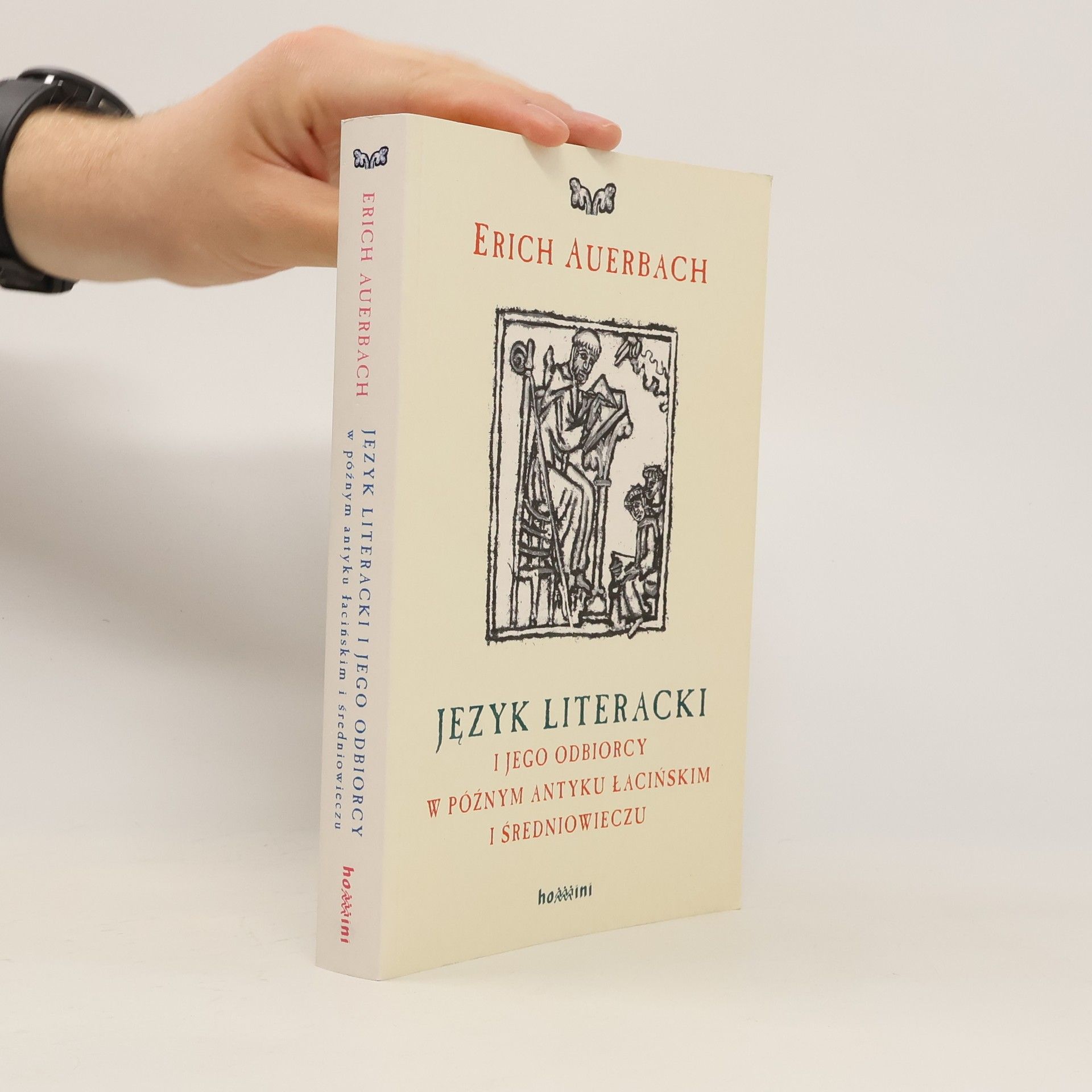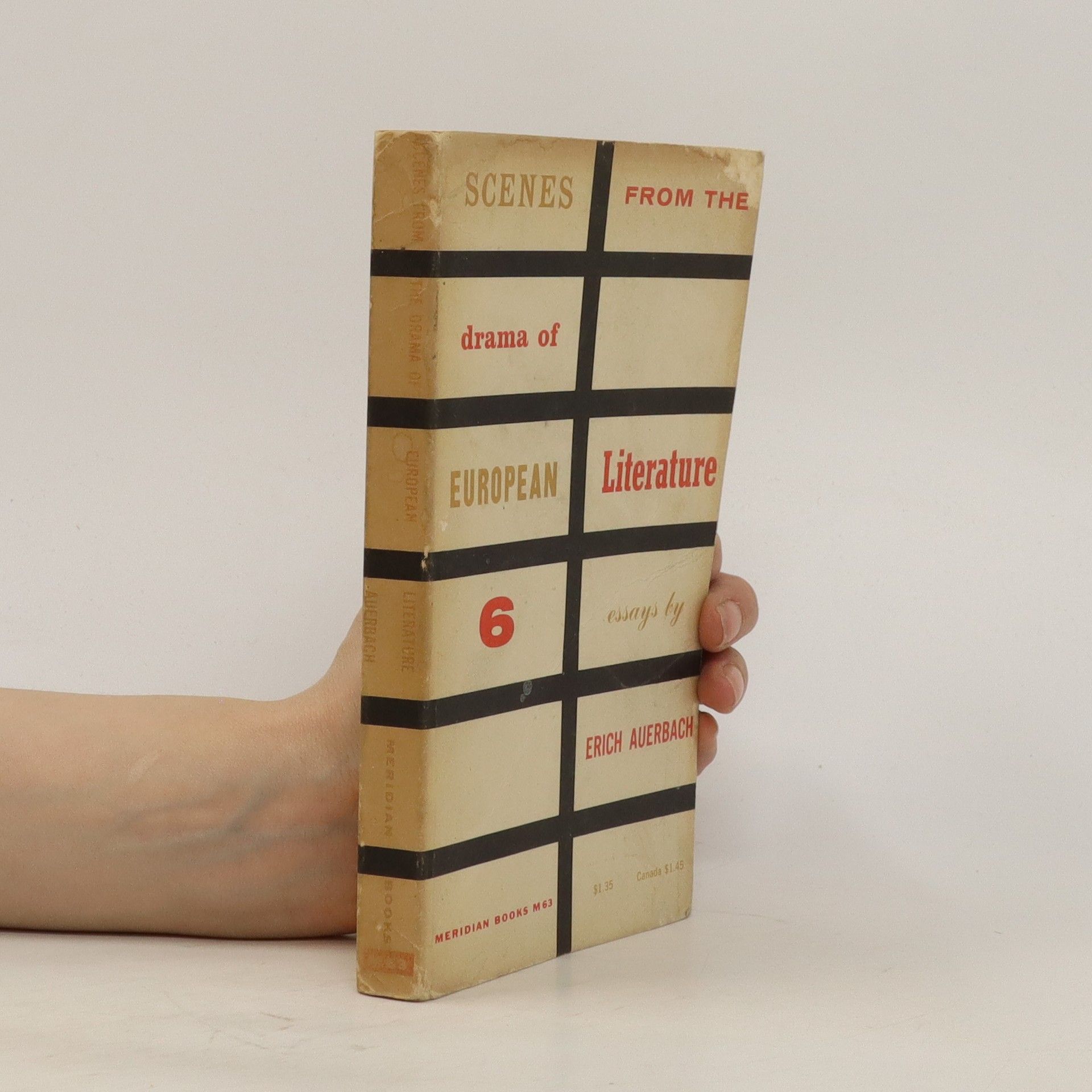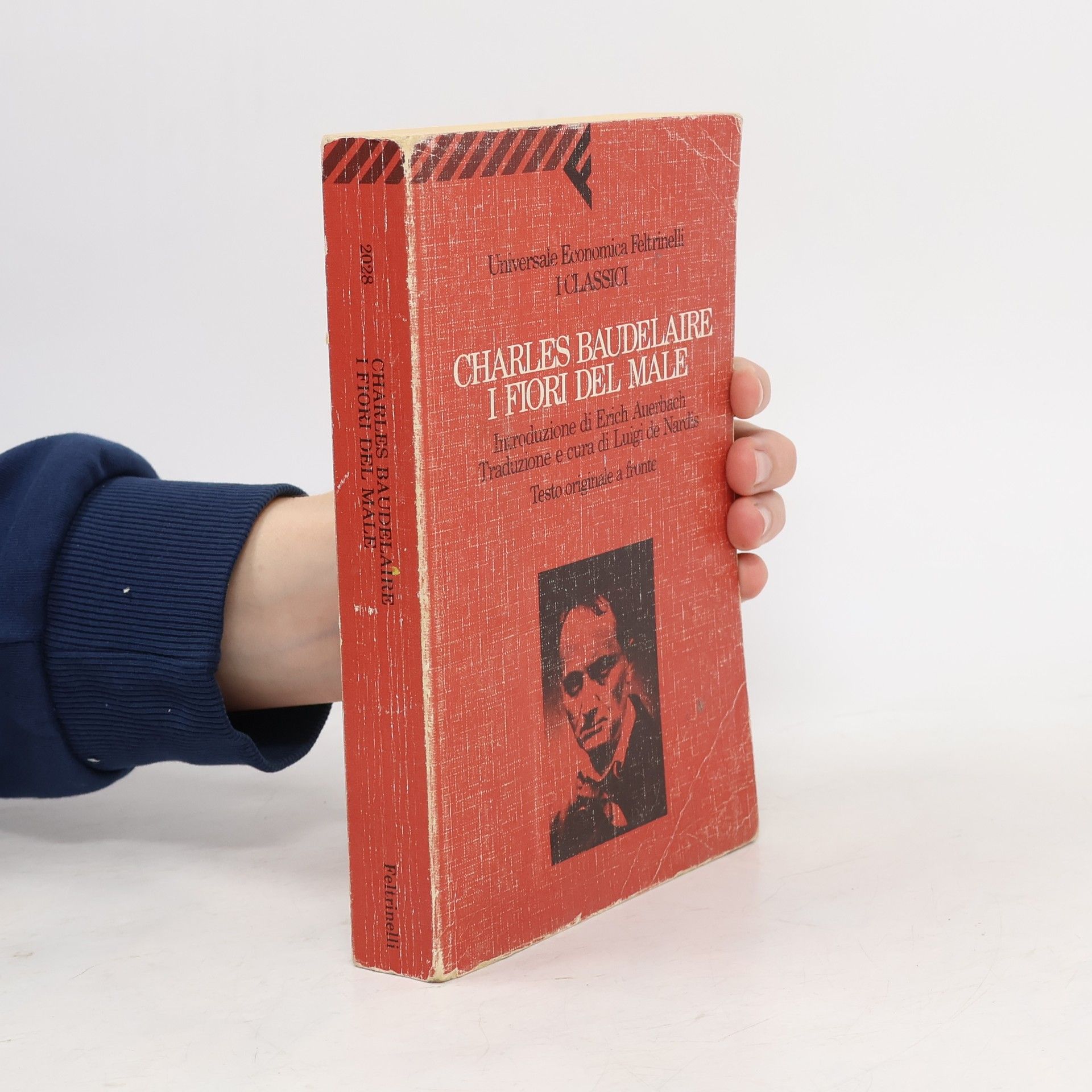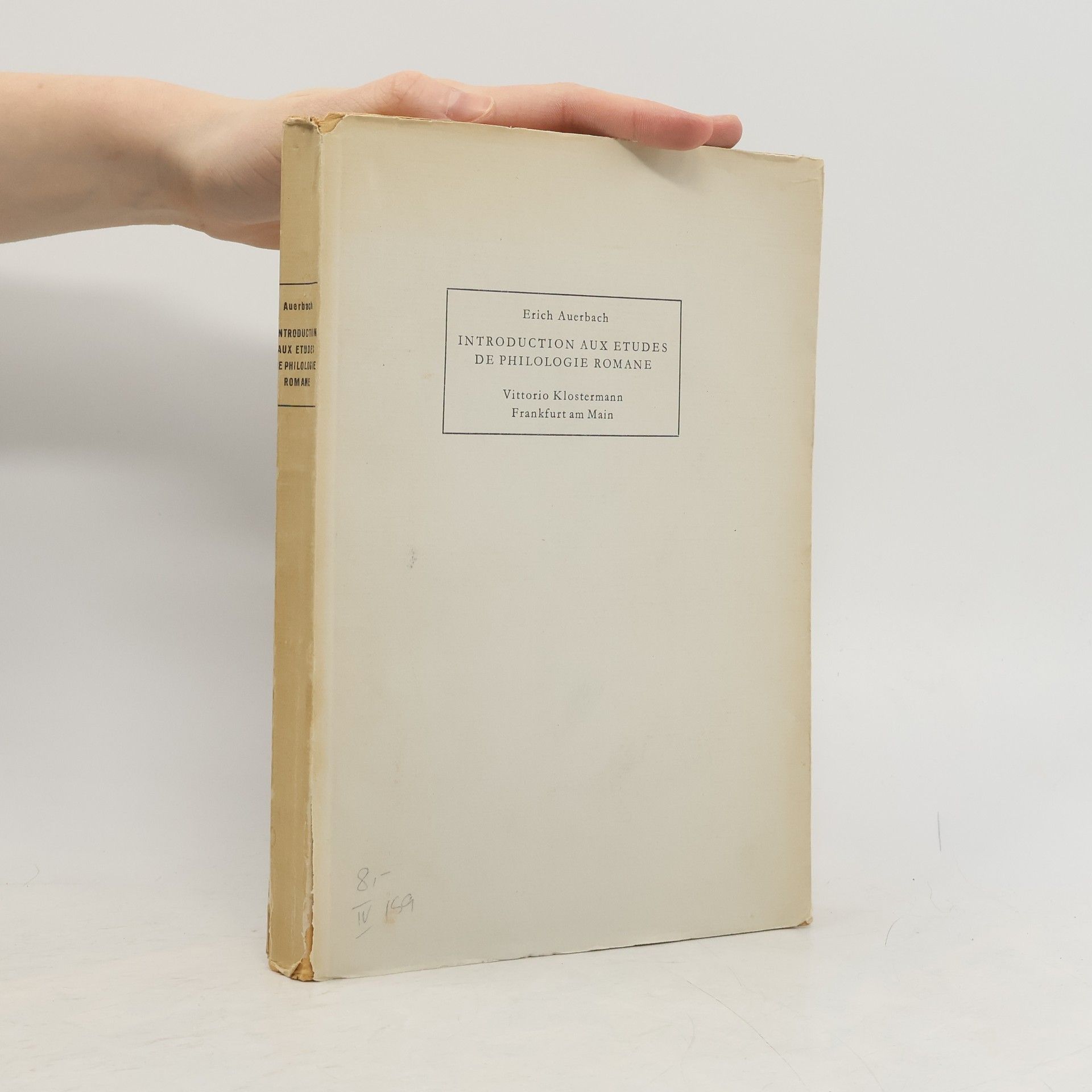Seit dem Erscheinen von "Mimesis. Dargestellte Wirklichkeit in der abendländischen Literatur" im Jahr 1946 ist Erich Auerbach (18921957) als Klassiker der Geisteswissenschaften bekannt. Die Entstehung des Buches im Istanbuler Exil ohne westliche Bibliotheken ist legendär. Weniger bekannt sind seine luziden Essays und detailreichen Studien zur romanischen Philologie, die Gustav Konrad und Fritz Schalk posthum ergänzt um wichtige Rezensionen herausbrachten. Methodisch stand der deutsch-jüdische Gelehrte sowohl der Frankfurter Literatursoziologie seines Freundes Walter Benjamin nahe als auch der hermeneutischen Tradition an der Universität Marburg; zudem gibt es Nähen zur Ikonographie der Warburg Schule. Das Nachwort gibt im wissenschaftshistorischen Rahmen eine Skizze von Erich Auerbach als Kulturphilosophen im Exil, der eine vieldeutige wie außergewöhnliche Position zwischen jüdischen, christlichen und säkularen Traditionen des Denkens einnimmt. Die Neuausgabe der "Gesammelten Aufsätze" wurde um vier Arbeiten werkgeschichtlich ergänzt. Eine von ihnen, "Vicos Auseinandersetzung mit Descartes", galt bislang als verschollen und wurde erst kürzlich gefunden. Eine ausführliche Bibliographie schließt Lücken der Primärliteratur.
Erich Auerbach Book order (chronological)
Erich Auerbach was a philologist whose work primarily explored literary criticism and history. His most famous book examines the representation of reality in Western literature from antiquity through the 19th century. Auerbach meticulously analyzes how literary styles and techniques evolved in response to social and historical shifts. His approach emphasizes detailed textual analysis to uncover deeper historical and cultural contexts.






Znajdujemy tu frapujace ujecie procesu przejscia od literatury antyku do literatury sredniowiecza synteze rozwoju wczesnosredniowiecznej prozy obraz ksztaltowania sie literatury chrzescijanskiej na Zachodzie i odrodzenia jezyka literatury klasycznej w Europie XII wieku Wielki badacz pozornie kresli tylko dzieje stylistyki dawnego pismiennictwa w rzeczywistosci jednak probuje podobnie jak w Mimesis kierujac wzrok w przeszlosc przyjrzec sie narodzinom umierajacej dzis kultury Cywilizarja europejska zbliza sie do kresu swego istnienia jej wlasna do niej tylko ograniczona historia wydaje sie konczyc Jako integralna calosc zdaje sie zmierzac do rychlego upadku Wydawalo mi sie i nadal wydaje ze nadszedl czas kiedy trzeba podjac probe zrozumienia owej historycznej calosci jeszcze wobec jej zywej egzystencji i zywej swiadomosci jej istnienia
Volá Londýn: československá vláda v exilu 1939-1945
- 64 pages
- 3 hours of reading
Katalog výstavy dokumentárních fotografií o exilové vládě v Londýně za 2. světové války a také o působení Čechoslováků za války ve Velké Británii a o československo-britské pomoci. // Tehdejší vládní fotograf Erich Auerbach ve svém archivu zachycuje členy čs. vlády, další české a zahraniční politiky, naše letce a jiné osobnosti. Kniha vypovídá o česko-britských vztazích a pomoci např. v oblasti školství a Červeného kříže. Poslední fotografie dokumentují odlet exilové vlády do vlasti. // Text je český a anglický.
Dante als Dichter der irdischen Welt
- 240 pages
- 9 hours of reading
Der Kulturhistoriker Erich Auerbach (1892-1957) zählt zu den bedeutendsten Kulturwissenschaftlern und Romanisten des 20. Jahrhunderts. Wie viele andere bedeutende Gelehrte emigrierte er früh aus Deutschland, um der Verfolgung durch die Nationalsozialisten zu entgehen. Bereits 1929 erschien sein Buch zu Dante, das trotz des etwas komplizierten Titels einen runden Gesamtüberblick über das dichterische Schaffen des italienischen Nationaldichters gibt. Auerbach spürte in der Göttlichen Komödie, Dantes Hauptwerk, viele Realismen auf. Rückbezüge auf die Welt des Irdischen bleiben auch im Grauen der Hölle, in der Hoffnung des Fegefeuers und in der religiösen Ekstase des Paradieses deutlich. Dante schildert beispielsweise viele Zeitgenossen und ihre Sünden, die dann entsprechend gebüßt werden. Bei Auerbach wird das Universum Dantes eindrucksvoll lebendig.
Images of music
- 320 pages
- 12 hours of reading
Mimesis
- 616 pages
- 22 hours of reading
Erich Auerbach's 'Mimesis' still stands as a monumental achievement in literary criticism which has taught generations how to read Western literature. This expanded edition includes an introductory essay by Edward Said, and an essay by Auerbach, translated into English, in which he responds to his critics.
Introduction aux études de philologie Romane
- 252 pages
- 9 hours of reading
Introdução aos estudos literários foi escrito em 1943 para alunos da universidade de Istambul, durante o exílio forçado do autor. Nele, de forma ao mesmo tempo erudita e clara, Auerbach explica as bases de sua abordagem da literatura. Chamada de Filologia Românica, ela dá unidade à literatura europeia ao longo da história, partindo do Cristianismo e do latim. O livro descreve a evolução das línguas modernas derivadas do latim e traça um panorama dos períodos literários da Idade Média ao século XIX.


